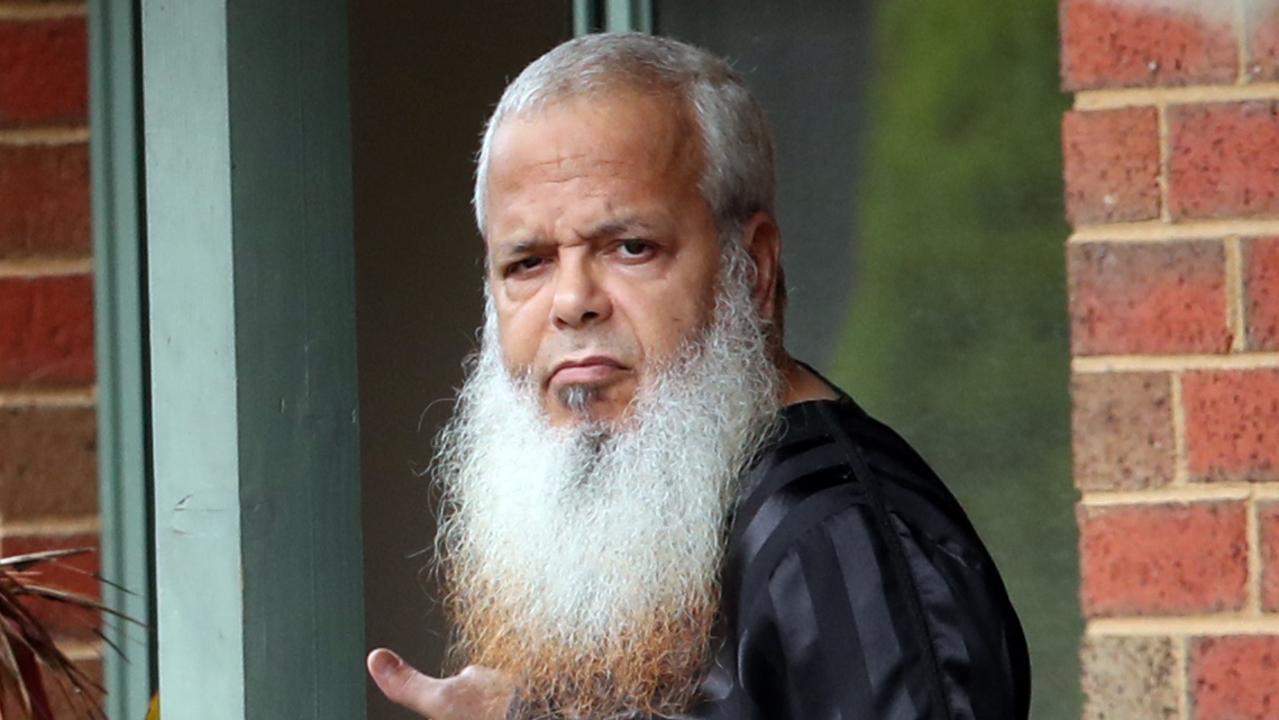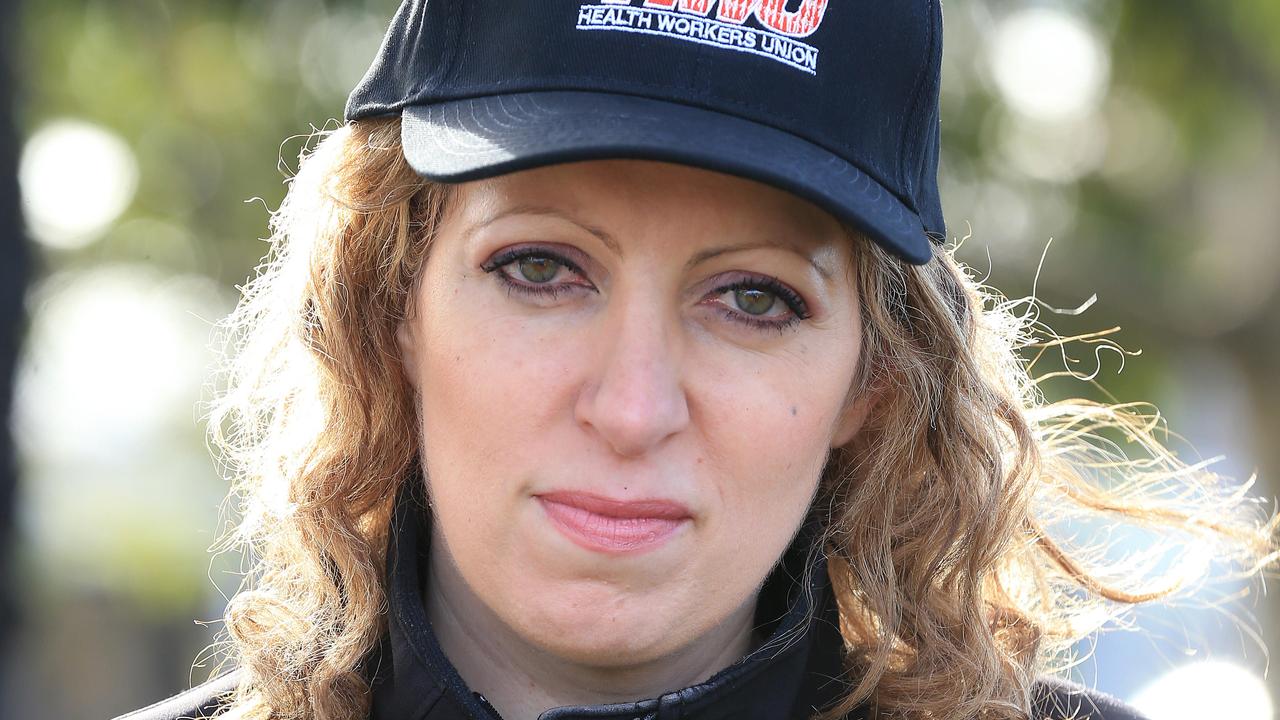Many coalface officers carrying out arrests of youths involved in the wave of aggravated burglaries end up becoming victims
Latest crime figures highlight the contempt for authority among some youths, with thousands of offences carried out against Victoria Police officers and emergency workers.
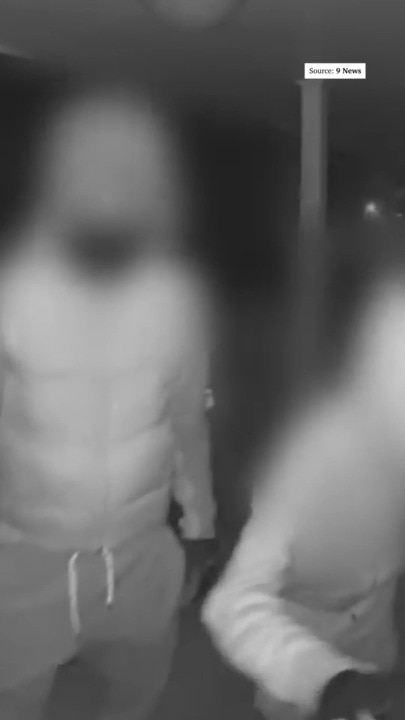
Police & Courts
Don't miss out on the headlines from Police & Courts. Followed categories will be added to My News.
Children as young as 10 are becoming repeat offenders at the highest rate in a decade.
The number of kids aged 10 to 17 who have committed more than five crimes soared in that time, figures released to the Herald Sun by the Crime Statistics Agency reveal.
Among them were about 20 children aged 10 to 11 who since last year had been picked up for at least five reported incidents.
In 2014, there were 33 14-year-olds involved in at least five crimes. By this year, that figure had become 61.
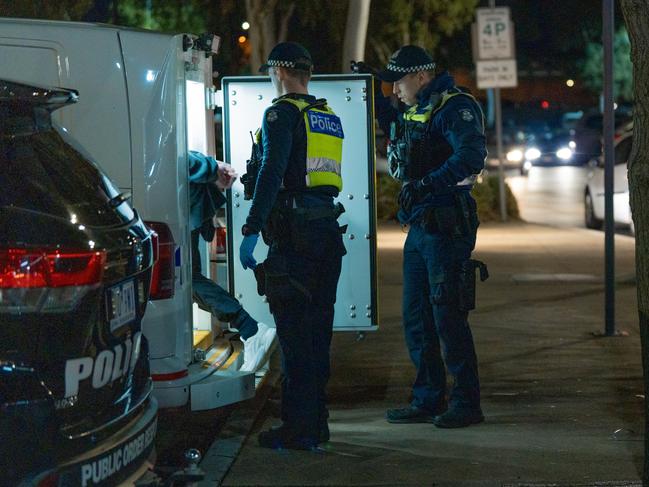
The number of 15-year-olds racking up at least four bail breaches has tripled.
And the number doubled of 10 to 17-year-olds committing crimes while carrying weapons.
Common assaults committed by 13-year-olds jumped from 154 to 380.
The rise in repeat offenders follows the state government ditching plans to raise the age of criminal responsibility to 14 by 2027, but it pressed on with raising the age to 12.
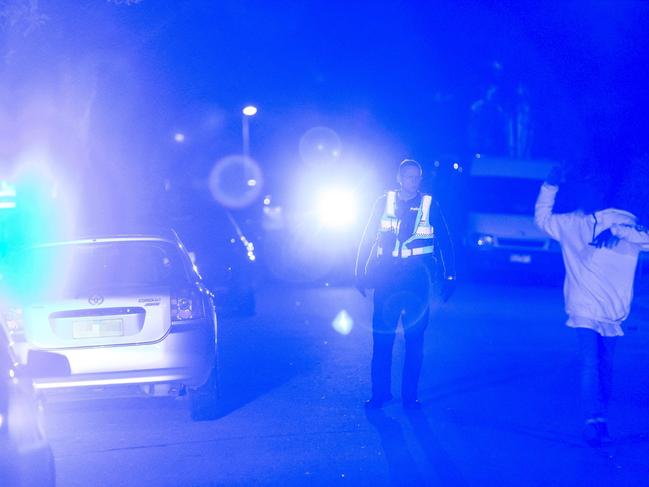
The figures also show the contempt for authority among some youths extends to attacks on police and emergency workers. There were 4108 offences in that category in the past decade.
Police sources say many of those cases relate officers being spat on.
Members of the Trinity task force and other coalface officers carrying out arrests of youths involved in the wave of aggravated burglaries have often been victims.
Officers from Trinity – an around-the-clock operation focusing on youth crime in the east and southeastern suburbs – are reminded before every shift to wear personal protective equipment.
Children are also being charged with assaulting workers in youth justice facilities.
Staff have said their jobs have become more dangerous as gang members are locked up for increasingly high-level crimes.
The Herald Sun last week revealed that the number of residential aggravated burglaries by 10 to 17-year-olds had spiked by almost 1000 in a decade.
Chief Commissioner Shane Patton last month said police still had concerns about the “very small” cohort of 10 to 11-year-old offenders, but they usually committed lesser crimes. “It’s something that we believe we’ll be able to manage,” he said.
A government spokesman said new laws, which ushered in stricter bail conditions for children and an ankle bracelet trial for the most serious young criminals, would help the police and courts better respond to youth offending.
While 10 and 11-year-olds cannot be arrested or charged, the reforms give police the power to take them to a safe place if they are a risk to their own or others’ safety.
“The landmark Youth Justice Act, which is now in effect, will mean stronger consequences for serious, high-risk and repeat offending, and earlier intervention for lower-level offenders to keep them in schools and in jobs,” the spokesman said.


